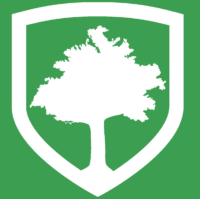The Critical Role of Residential Care
Residential care is certainly not the answer for all orphans and vulnerable children. For a very specific subset of this population, however, residential care provides the only venue in which these children can successfully reintegrate into society. Pre-adolescent and, especially, adolescent children who have experienced abandonment or exploitation for an extended period with little or no positive adult influence frequently exhibit a variety of complicated and difficult behaviors. For these children, excellent residential care is the only environment that offers a chance to transition to a stable adulthood.
and, especially, adolescent children who have experienced abandonment or exploitation for an extended period with little or no positive adult influence frequently exhibit a variety of complicated and difficult behaviors. For these children, excellent residential care is the only environment that offers a chance to transition to a stable adulthood.
Foster care, kinship care, or adoptive homes have not proven to be successful care alternatives for these children, especially as they reach adolescence. Not only are caretakers not trained and equipped to rehabilitate these high-risk children, but, for many reasons, the community-based home environment is not conducive to encouraging a commitment to change, including addressing the daily temptations the child encounters from negative peer groups.
In many cases, an adoptive or foster family is devastated by their “failure” and often relinquishes care of the child, who then suffers another devastating abandonment. In response, society deems these children to be essentially unsalvageable, and potential caregivers refuse to accept them. Providing care for long-term, high-risk orphans is perceived to be too hard, too costly, and the failure rate too high. Unfortunately, it is precisely these adolescents who create the greatest cost and burden to society in years to come as they migrate to homelessness or crime.
Excellent residential care is the answer for these children.







